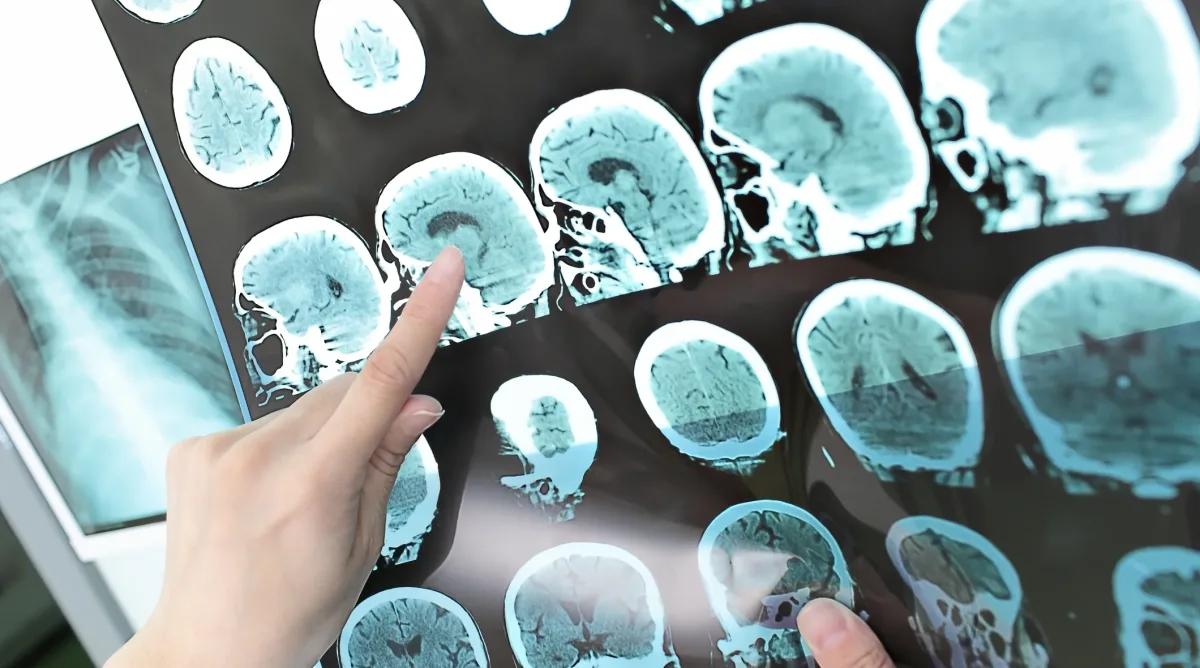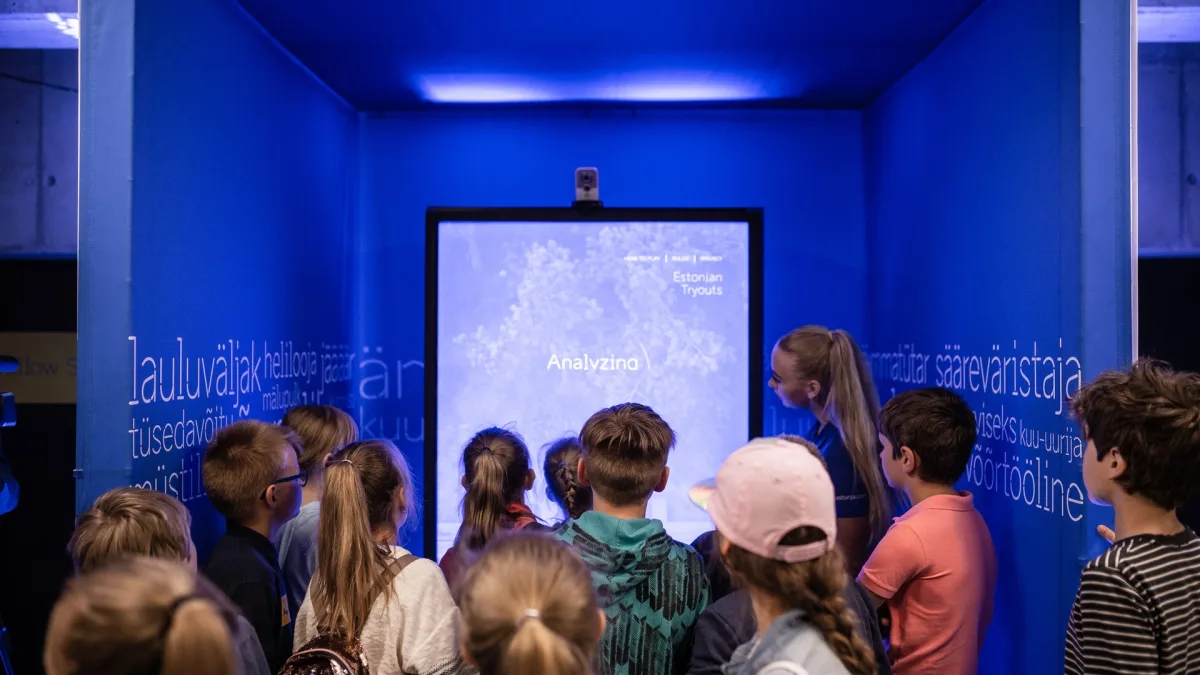Imagine a future where rare diseases are diagnosed in months instead of decades, where telemedicine is part of every public health system, and where personalised care is guided by real-time data. For Takeda, one of the world’s largest pharmaceutical companies, this future is already taking shape in Serbia and across Central and Eastern Europe.
At the centre of this transformation is collaboration. For Milena Argirović, country head for Serbia, Albania, North Macedonia, Kosovo, and Montenegro at Takeda, partnership is the cornerstone of progress.
“Actually, one of the mottos that I loved very much—and I inherited this from EIT Health—is that the partnership is the new leadership. And this is very true,” she says.
Takeda’s global aspiration, rooted in its 244-year history in Japan, is to deliver better health outcomes for patients worldwide. In the Balkans, Argirović’s task is to align those global priorities with local healthcare ecosystems and “bring Japan closer to Serbia when it comes to healthcare and innovation.”
That mission has already resulted in landmark projects. During the Covid-19 pandemic, Takeda launched telemedicine in Serbia, first for gastrointestinal diseases and later in haemato-oncology. “We are the second country in the world, after the US, to incorporate telemedicine into public healthcare software,” Argirović explains. “It’s a huge benefit for patients who are now able to have specialist check-ups remotely when it’s not necessary to be there physically.”
Another milestone is Takeda’s memorandum of understanding with the Serbian government to improve the diagnosis of rare diseases. “The diagnosis may sometimes take 15 years. We are trying to use innovative technologies, including AI, to shorten this period and to allow these people to be diagnosed in a timely way and, of course, to start their treatment on time.”
The shift to personalised medicine
For Argirović, the most significant shift in the coming decade will be personalised care. “In the past, medicinal products were delivered to serve the majority of the population. However, recently with the digital solutions that we are using, the medicine is becoming more personalised. Every patient should receive what he or she needs, not necessarily what other people need.”
This approach underpins projects such as pharmacogenomics in inflammatory bowel disease, where AI is used as a predictive model to match patients to the most effective therapy. “Providing a good digital companion to every medical product is critical for the future,” she notes.
Can large pharmaceutical companies truly be agile? Argirović is clear: “Yes, it can. However, it will require mindset change and strategic alignment between the departments.”
Takeda is embedding AI across the entire value chain—discovery, development, and delivery. “For example, clinical trials can be improved with AI by connecting patients to the right trial faster, shortening recruitment and follow-up, and ultimately bringing treatments to market more quickly. The faster we are, the better it is for the patient.”
Despite systemic challenges, Argirović highlights the potential of Central and Eastern Europe. “Usually Central and Eastern Europe is considered less developed. However, once we launch a product or solution, we can speed it up to the market because we can learn from previously launching countries. And we have very creative people in Eastern Europe, including start-ups and young individuals who can understand and address healthcare challenges very quickly.”
Education strengthens this capacity. “The University of Belgrade, for example, was recognised among the best two per cent of universities in the world. We have good education, we have highly creative people, and this is the recipe for success.”
Patients first
For aspiring entrepreneurs looking to work with companies like Takeda, Argirović offers three lessons. “Always put the patient in the centre. Creativity is not the purpose by itself. The purpose is to deliver value to the patient.”
She also stresses the importance of early collaboration: “Try to find the relevant partners very early in the process. Better dedicate time at the beginning to find the proper partners.”
And scalability: “Work around solutions that will be scalable, either from one therapy area to another or from one geography to another.”
From telemedicine and rare disease diagnostics to predictive personalised care, Takeda’s regional initiatives show how global ambition can translate into local impact.
“Patients will be in real-time contact with healthcare providers,” Argirović says. “Physicians will receive patient data in real time and react in real time to shift the course of the disease. Data is the critical part in the future development of medicine, and Takeda is committed to deliver that.”
Listen to the full podcast here.
Photo: Dreamstime.







